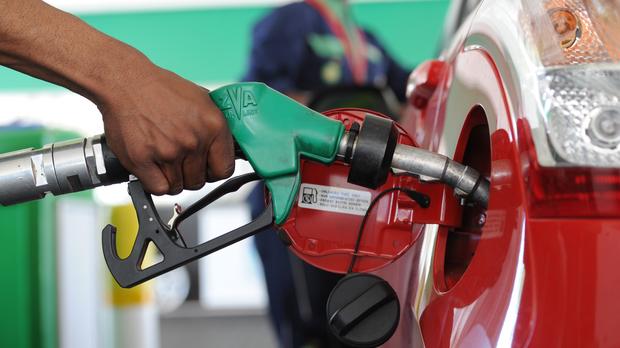The Major Oil Marketers Association of Nigeria (MOMAN), on Thursday, said marketers lost over N10 billion due to reduction of petrol pump price from N145 per litre to N121 by government.
The Chairman of MOMAN, Mr Adetunji Oyebanji, made the disclosure during a webinar on “Downstream Petroleum Market Deregulation: Prospective Impact on Nigeria Economy Post COVID-19.”
The News Agency of Nigeria (NAN) reports that the webinar was organised by Financial Energy Review in collaboration with Leadgrid Series.
READ ALSO:Benue Assembly Grants Ortom’s Request to Obtain N2.5bn Loan For Healthcare
Oyebanji, who is also the Managing Director of 11Plc, said the petroleum downstream sector was hard hit by the twin challenges of COVID-19 and crash in global crude oil price.
He said the sector thrived on the movement of persons and goods which were severely curtailed due to the lockdown measures put in place by the Federal and State Governments to contain the spread of coronavirus.
The chairman called for the full deregulation of the petroleum downstream sector, adding that what government recently did was only to remove subsidy on Premium Motoring Spirit (PMS) also called petrol.
Oyebanji said: “Why we talk about complete deregulation being a better option is because we need investments in our pipelines distribution network which is very old.
“We need our refineries to be put in place and Dangote Refinery is coming up but we need more refineries so that we can reduce the pressure on our foreign exchange reserve.
“Players in the market need to know when to stock and when not to stock products because we may have lost up to N10 billion when those prices were reduced recently.
That doesn’t encourage investors,” the MOMAN chairman said.
He noted that the billions of naira being spent on fuel subsidy by the government could be deployed to other critical areas which would help transform Nigeria’s economy.
He named the critical areas to include health care, education and infrastructure development.
The MOMAN chairman said: “While we welcome the removal of subsidy on fuel, we need clarity on government’s claim that the market has been deregulated.
“Many of the institutions supporting the former regime such as the Petroleum Equalisation Fund, Petroleum Subsidy Fund and the Petroleum Products Pricing Regulatory Agency are still operational.
“So there is a bit of confusion whether we have fully deregulated the sector or whether government just decided that they won’t pay subsidy price anymore,” he said.
Oyebanji said there should be a proper legislative framework to guide the deregulation of the downstream sector and protect the interest of the country and private investors.
He added that for the sector to achieve its potentials, the government must switch to a monitoring role instead of being a key player and regulator at the same time.

